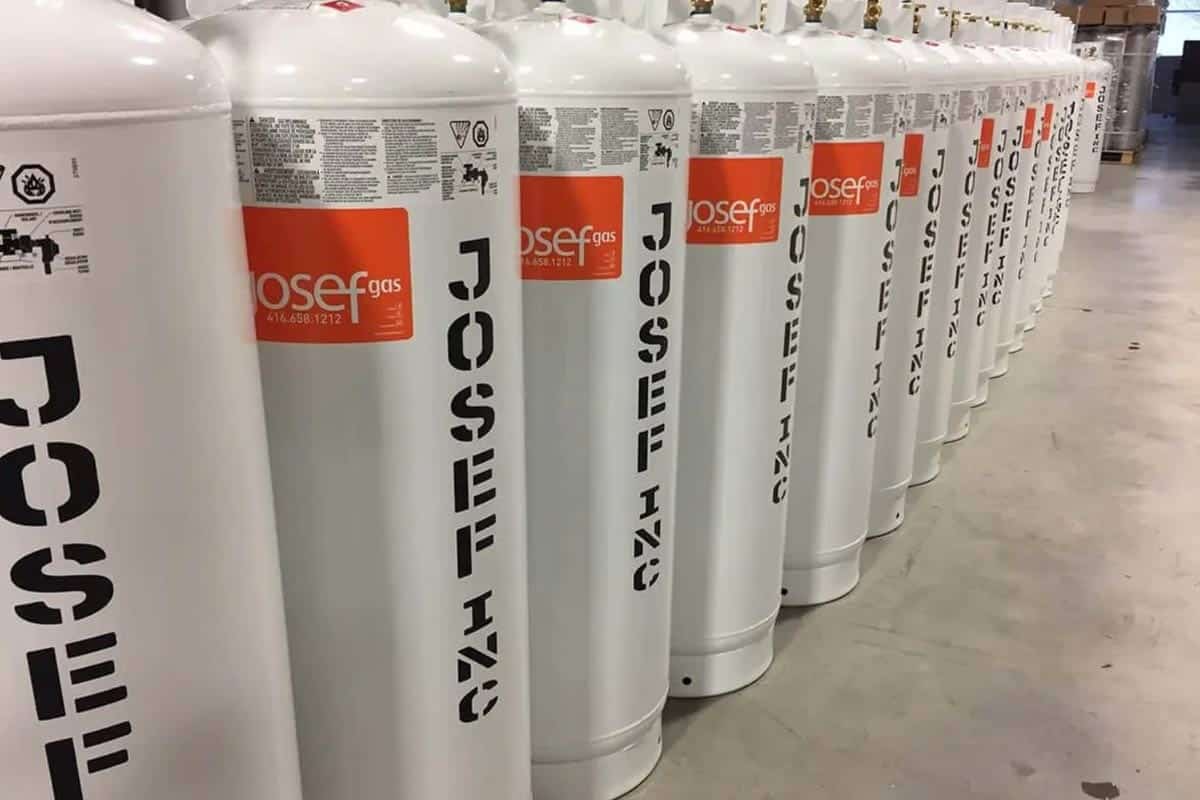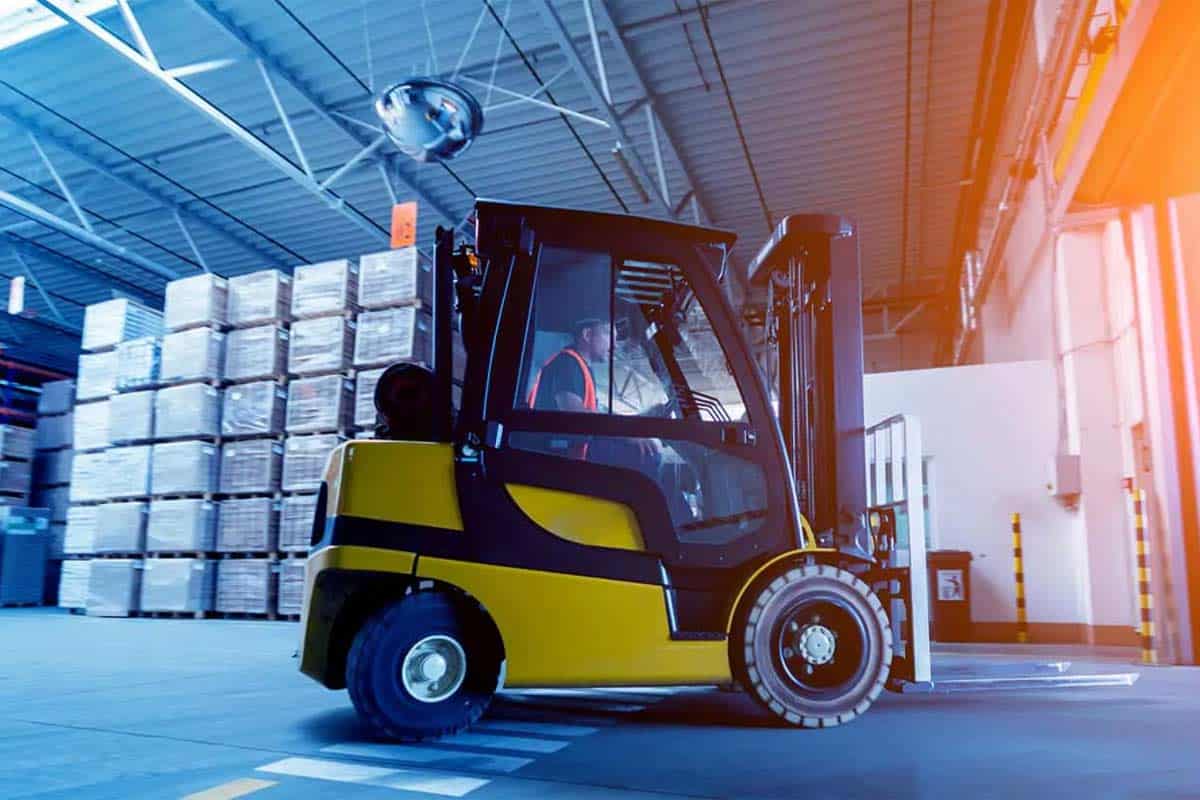The Critical Role of Industrial Gas Standards in Propane Forklift Engine Longevity
November 12, 2025 4:26 pm
The smooth operation and long service life of a propane for forklift engine rely heavily on one frequently overlooked factor: the quality and consistency of the industrial gas supply itself. Forklifts are the workhorses of many industrial, warehousing, and logistics operations. Their efficiency and uptime are directly tied to the health of their internal combustion engines. Unlike gasoline or diesel, propane is a liquid petroleum gas (LPG) that burns cleanly, but its purity and composition, dictated by rigorous industrial gas standards, are paramount to engine health. These standards aren’t bureaucratic hurdles; they are essential engineering guidelines that ensure the fuel burned is free from harmful contaminants and possesses the correct thermal properties, directly affecting everything from the combustion process to the condition of internal engine components.
Maintaining a fleet of propane forklifts is a significant investment. Premature engine wear, unexpected breakdowns, and reduced efficiency directly impact a company’s bottom line. The meticulous adherence of a propane supplier in GTA to standards like those set by the Compressed Gas Association (CGA) and various international bodies is the primary defense against these issues. High-quality fuel mitigates common engine problems like residue buildup, valve damage, and injector clogging, ultimately safeguarding the longevity of the equipment. A reliable supply chain, coupled with a commitment to these high standards, ensures that every tank of propane delivered is a quality product that will help, not hinder, the engine’s long-term performance.
Purity and Contaminants: The Core of Longevity
The most crucial aspect of an industrial gas standard for propane is the minimum purity level and the maximum allowable limits for specific contaminants.
- Sulphur Content Limits: Propane combustion produces sulphur dioxide, which, when combined with moisture, forms corrosive sulphurous and sulphuric acids.
- Industrial standards strictly limit sulphur to extremely low parts per million (ppm) levels.
- When a propane supplier in GTA adheres to this, it significantly reduces the internal corrosion risk to the engine’s cylinders, pistons, and exhaust system.
- Lower sulphur content directly translates to a longer lifespan for the engine and its sensitive components.
- Moisture Control: Water or moisture content in propane can cause several major problems.
- It can freeze in the lines, regulator, or fuel filter, causing fuel flow interruptions and stalling.
- More critically, moisture accelerates internal engine rust and corrosion, especially within the fuel system components, leading to premature failure.
- Standards dictate stringent drying processes to ensure the gas is virtually anhydrous (water-free), safeguarding the engine’s metallic parts.
- Heavy Residues and Oils: Propane standards restrict the presence of heavy ends (oils, tars, and heavy hydrocarbons).
- These contaminants don’t burn cleanly and leave behind sticky residues.
- Residue accumulation clogs injectors, fouls spark plugs, and builds up on valves and piston crowns.
- This build-up causes erratic combustion, ‘knocking,’ and eventually leads to overheating and excessive wear, forcing costly early overhauls.
- Engine Performance and Fuel Efficiency: The consistency guaranteed by high standards also relates to the correct mix of propane and propylene.
- Propylene is an olefin, and while a small amount is typical, an excessive amount can change the burn characteristics.
- Consistent fuel composition ensures the engine’s tune and air-fuel ratio remain optimal, preventing inefficient operation, excessive heat, and wasted fuel.
Standardized Delivery and Tank Integrity

It’s not just the gas itself; the transport and storage methods also fall under critical industrial gas standards, profoundly impacting the propane’s quality and, consequently, engine life. A responsible propane supplier in GTA understands that quality control extends right up to the point of use.
- Cylinder and Tank Certification:
- Propane cylinders must meet specific Transport Canada (TC) standards.
- This includes regular hydrostatic testing and visual inspections to ensure the tank walls are sound and free of deep rust or pitting.
- Tanks that aren’t regularly maintained can flake rust internally, and this particulate matter can be introduced into the forklift’s fuel system, damaging filters and regulators.
- Proper Filling Procedures:
- Standards mandate strict procedures for filling to prevent overfilling and to ensure the correct liquid level.
- Overfilling prevents the necessary vapour space and can lead to liquid propane entering the engine’s vapour system, potentially damaging the engine.
- A certified supplier ensures that every exchange or refill cylinder meets these safety and operational standards.
- Contamination Prevention During Exchange:
- Reputable propane delivery services use best practices to prevent airborne contaminants or moisture from entering the cylinder valve during the exchange process.
- Even small amounts of dust or grit introduced at this stage can eventually clog fine filters and cause regulator malfunction on the forklift, leading to poor performance and engine strain.
The Financial Case for High Standards
The costs associated with using low-quality, non-standardized propane for forklift operations far outweigh any perceived savings on cheaper fuel.
- Reduced Maintenance Costs: Engines running on high-purity, standardized gas require less frequent and less intensive maintenance. Fewer clogged injectors, less valve sticking, and minimal internal corrosion mean significant savings in parts and labour.
- Lower Downtime: Engine failure due to poor fuel quality instantly halts operations, leading to lost productivity and potentially missed deadlines. Reliable, clean fuel ensures maximum uptime for the fleet.
- Better Fuel Economy: When the fuel is consistent and the engine runs cleaner, combustion is more efficient. This translates directly into more operating hours per cylinder of propane, improving the company’s fuel budget.
Securing Your Supply Chain
Choosing the right propane supplier in GTA is the single most important decision for ensuring long engine life. It’s an investment in asset protection. The supplier must demonstrate an unwavering commitment to industrial standards, offering high-purity gas and reliable propane delivery. Don’t compromise on the quality of fuel that powers your most critical equipment.
If you are concerned about your current fuel quality or need a more reliable partner, consider reaching out to a provider known for quality.
The longevity of a propane for forklift engine is inextricably linked to the purity and consistency of its fuel, which is upheld by established industrial gas standards. Adhering to them is not optional; it is a prerequisite for operational excellence. High-quality fuel minimizes corrosion, prevents residue build-up, ensures consistent performance, and ultimately shields expensive engine components from premature wear.
For any business relying on their forklift fleet, insisting on a supplier who meets and exceeds these benchmarks is a simple, effective strategy for maximizing return on investment and maintaining productivity. Choosing a certified, reliable propane supplier in GTA is the best defense against unforeseen maintenance costs and operational disruptions. Ready for a trusted propane delivery in GTA focused on high standards and customer service? Call the experts at Josef Gases at (416) 658-1212 for reliable, high-purity propane for forklift operations.

![For a dependable partnership that delivers both high-quality food-grade gas in Toronto and flawless propane delivery, there is only one number to call. Contact Josef Gases at (416) 658-1212 now to schedule your consultation.]](https://josefgases.com/wp-content/uploads/2025/11/CTA-image-1.jpg)
